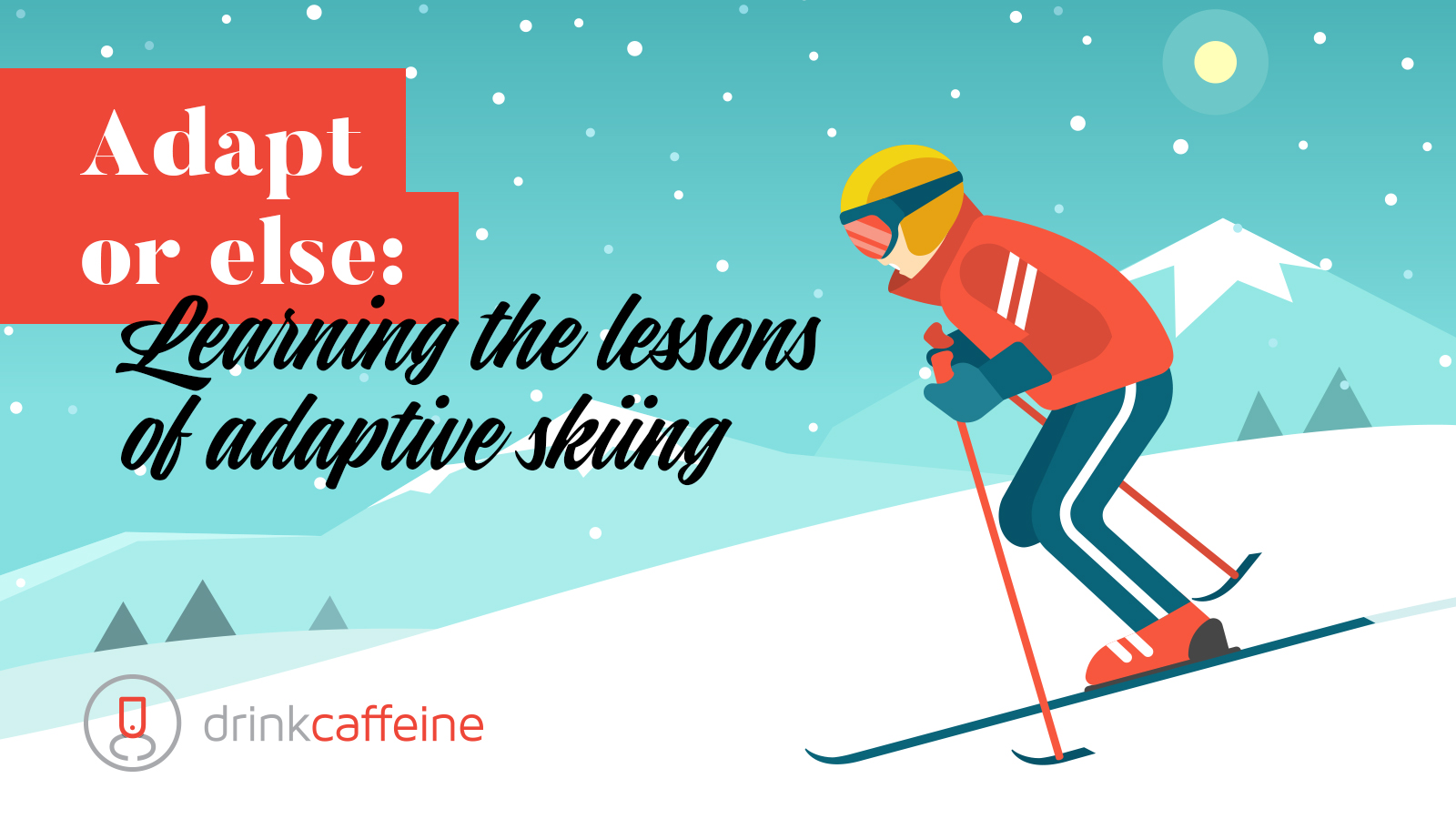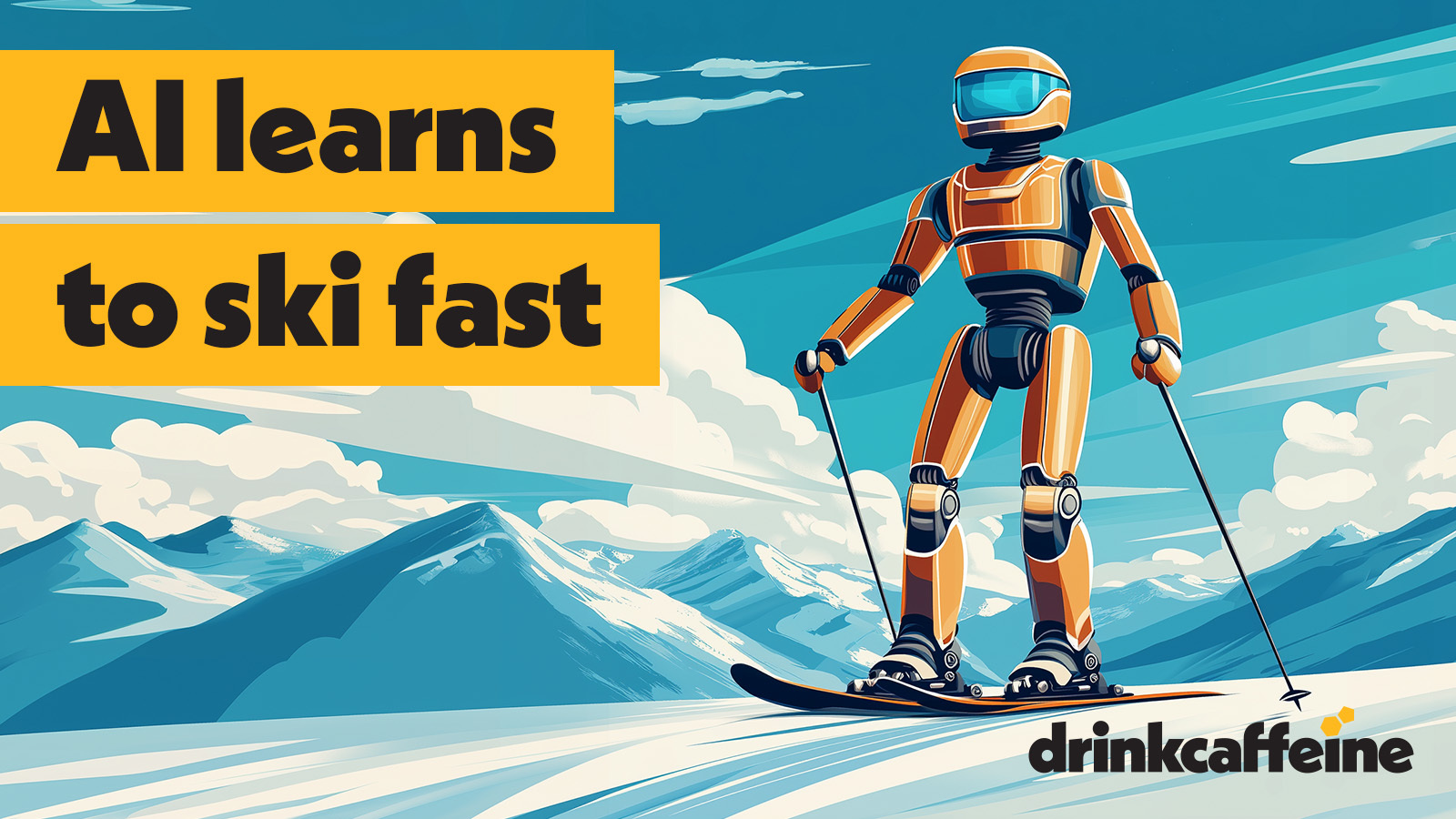A recent pro bono engagement with Mount Snow’s adaptive ski program reminded us of a few central (but not always visible) truths regarding the ski resort industry. And life in general.
If ever there was an industry that needed to adapt to change, it’s the ski resort industry
Climate change. The slow eclipse of Baby Boomers. The generational handoff to debt-saddled millennials. The need to make skiing more inclusive.
These are just a few of the steep challenges that mountains must face if they’re to stay in business. And every time an amputee takes on a tough trail with advanced equipment designed to help them, it’s a reminder that grit and inventiveness is what will see us through.
Sports are powerful parts of personal identity
Past research we performed for Okemo revealed that skiing has a transformational impact on individual identity.
The study showed that kids getting air for the first time “grow wings” in their parents’ eyes. Professionals who ride a desk 50 hours a week, turned loose on the slopes, shed the weight of their jobs and “take flight” as someone else.
The power of adaptive skiing is that it can either establish a new identity for a person as a skier, or reinstate and reaffirm an existing one for skiers whose lives have been shattered. For example, look at the profound impact of adaptive sports on veterans living with disabilities.
Why aren’t athletic brands more involved with adaptive sports?
We aren’t the first to notice the shortfall of big-name sponsors in this area. Sure, the Paralympic Games have attracted Samsung, Toyota, Coca-Cola, and Visa. And nike has been visible in this space as well. But where are Reebok, Adidas and the other usual suspects? While we get the fact that adaptive sports may not be part of their brand strategy, it’s worth remembering that adaptive athletes and their families are consumers, too.
BTW: We need a new word for “disabled”
It may seem like mere semantics, but the term “disabled” just doesn’t do justice to adaptive athletes or anyone successfully facing life with a permanent physical impairment.
We like the term “self-enabled” rather than “disabled.” It underscores the DIY aspect of recovery and gives credit where it’s due.
Adapt and grow stronger
Humans have been called the adaptive species especially in relation to culture and climate change.
Perhaps the best proof of this is right there, on the slopes of Mount Snow and other mountains, where skiers whose bodies have been damaged permanently show us that skiing is possible for anyone, and that nothing is permanent except the human spirit.
Contact us if you have any thoughts on the matter you’d like to share.


